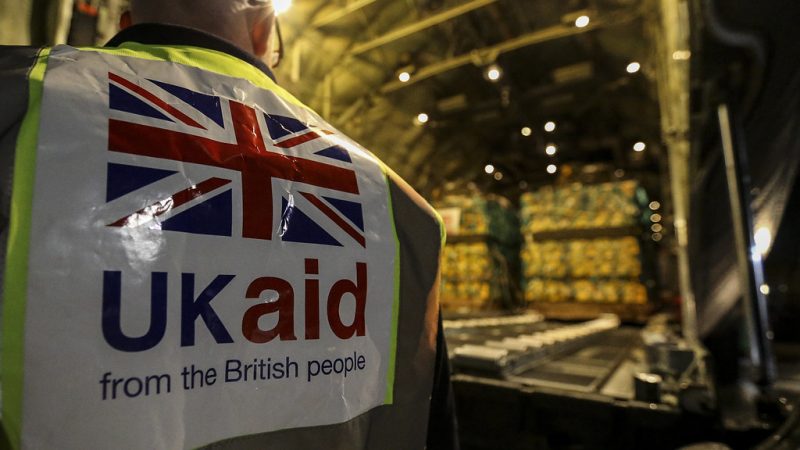'We desperately need a clear commitment to international development with well targeted aid that listens to the Global South.'

Sarah Champion MP, is chair of the International Development Committee
It is remarkable how shamelessly and quickly the government have taken a wrecking ball to the UK’s international development policy. The inclusion of international development in the Queen’s Speech did little to allay my fears that the government’s approach will have dreadful consequences in the Global South.
A year ago, the government abolished the world renowned Department for International Development in a process described as grievously flawed by the International Development Committee (IDC). This was the first indication of a disregard within government for the transformative difference aid, when spent well, can make in some of the poorest parts of the world.
Not to be outdone by their own short-sightedness, the government then slashed the aid budget by a third this year, in the process abandoning their own manifesto commitment to retain spending on aid at 0.7% and potentially leaving themselves in breach of the law. Details of this move were recently snuck out in a brief written statement that left MPs unable to properly scrutinise the government’s decisions.
The government’s cynical approach throughout the last year is the antithesis of what is needed now. In March, following an inquiry on the longer-term socio-economic impacts of COVID-19, the IDC warned that a legacy of development and humanitarian reversals could be more catastrophic than the direct impacts of COVID-19 in the Global South. Routine healthcare is grinding to a halt; people fear job losses and starvation; women’s rights are stalling and gender-based violence surging.
We desperately need a clear commitment to international development with well targeted aid that listens to the Global South. This must be underpinned by a detailed strategy and global leadership. On all these fronts, the government is failing, and it is the poorest who will be hit hardest.
Since the Foreign Secretary’s vague written statement, detail on where the aids cuts are falling and the devastating impact these will have has trickled through.
The United Nations Population Fund, the UN’s sexual and reproductive health agency, has received a cut to their funding that was due to help prevent 250,000 maternal and child deaths, 14.6 million unintended pregnancies and 4.3 million unsafe abortions. It is a decision that is hard to square with the Prime Minister’s supposed commitment to get millions more girls into education globally, or indeed advance gender equality.
I was also appalled to learn the Government has wiped out funding for smaller international development charities. While small in scale, these community led projects that harness the expertise of local people are a smart investment that often come with immense benefits. EdUKaid, just one of the impacted charities, shared that an inclusive education project would no longer be going ahead. This was due to transform the lives of over 300 marginalised children with special educational needs.
These decisions all play into a broader concern of mine about the UK’s approach to development; one which shows contempt for aid agencies, for the world’s poorest and most marginalised including women, people with disabilities and children, and, ultimately, for the UK taxpayer.
There has been a shocking lack of consultation with delivery partners on the cuts. Delayed and unclear decision making from the Foreign Office in recent months has led to an abrupt end to critical services for thousands of people. This is a scandal that flies in the face of any claims to ensure that every penny of aid spending brings impact and value for taxpayers’ money.
The government also has no strategy on development beyond a three-page letter they deem a ‘strategic framework’. Given the secondary impacts of COVID-19 threatening to set back decades of progress in development and with the government making cuts of such magnitude, this is a complete dereliction of their duty.
The Foreign Secretary must urgently publish a comprehensive strategy that sets out what the government hopes to achieve with what remains of the aid budget. This must sit alongside an impact assessment of the cuts that have been made so far.
It is a tragic irony that the year in which global leaders will come together at the G7 and COP26 to agree vital plans for COVID-19 recovery and climate change, that it is the UK in the driving seat. Ministers argue that the UK is still one of the most generous aid spending countries in the G7, but the reality is they’re the only G7 member who have chosen to cut aid in the middle of pandemic.
Left Foot Forward doesn't have the backing of big business or billionaires. We rely on the kind and generous support of ordinary people like you.
You can support hard-hitting journalism that holds the right to account, provides a forum for debate among progressives, and covers the stories the rest of the media ignore. Donate today.



